Following the worldwide internet protest against SOPA and PIPA on January 18, and the immediate shelving of those bills, many internet freedom advocates turned their attentions towards the Anti-Counterfeiting Trade Agreement (ACTA).
ACTA is not a law, or a bill like SOPA, rather it’s a trade agreement that attempts to establish international standards for intellectual property rights enforcement, which includes, among many other things, copyright infringement on the internet.
To be clear, ACTA has already been ratified by the United States. President Obama signed the ACTA treaty on October 1, 2011, and 22 European Union countries signed the agreement three weeks ago, prompting widespread protest in Europe. Despite the European upheaval, ACTA is a done deal in the U.S., which makes it all the more important that Americans understand how it will affect internet freedom.
Criticism towards ACTA is two-fold. Critics are troubled about how the treaty came to be; negotiated ‘behind closed doors’ with no legislative or judicial oversight, and little to no public conversation or explanation. Opponents are also concerned about the vague and sticky features of the treaty. For example, ACTA criminalizes intellectual property theft across borders and makes ISPs liable for copyright infringements carried out on their networks. This could remove legal safeguards that protect ISPs from the dealings of their users.
Though still an arguable point, ACTA does not change existing U.S. copyright law. It does, however, lock in the law, making future updates extremely difficult, which is worrisome given the rapidly changing internet and copyright logistics of modern society.
ACTA also expands the scope of U.S. copyright law. For example, in a case where a copyright infringement would normally lead to a private civil suit, ACTA makes the case criminal and prosecutable by the government.
When brushing up on ACTA, also take an interest in the Trans-Pacific Partnership (TPP), which is more restrictive than ACTA and just coming on the scene.
